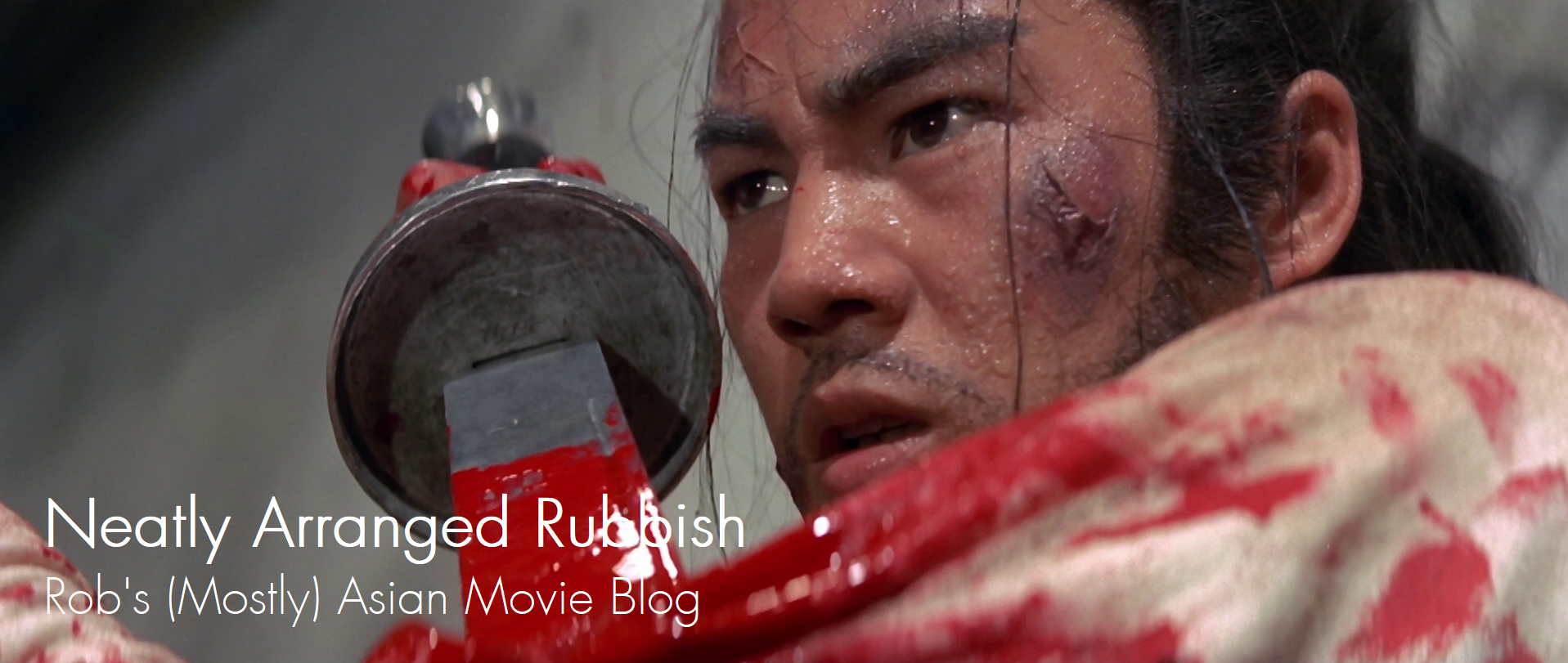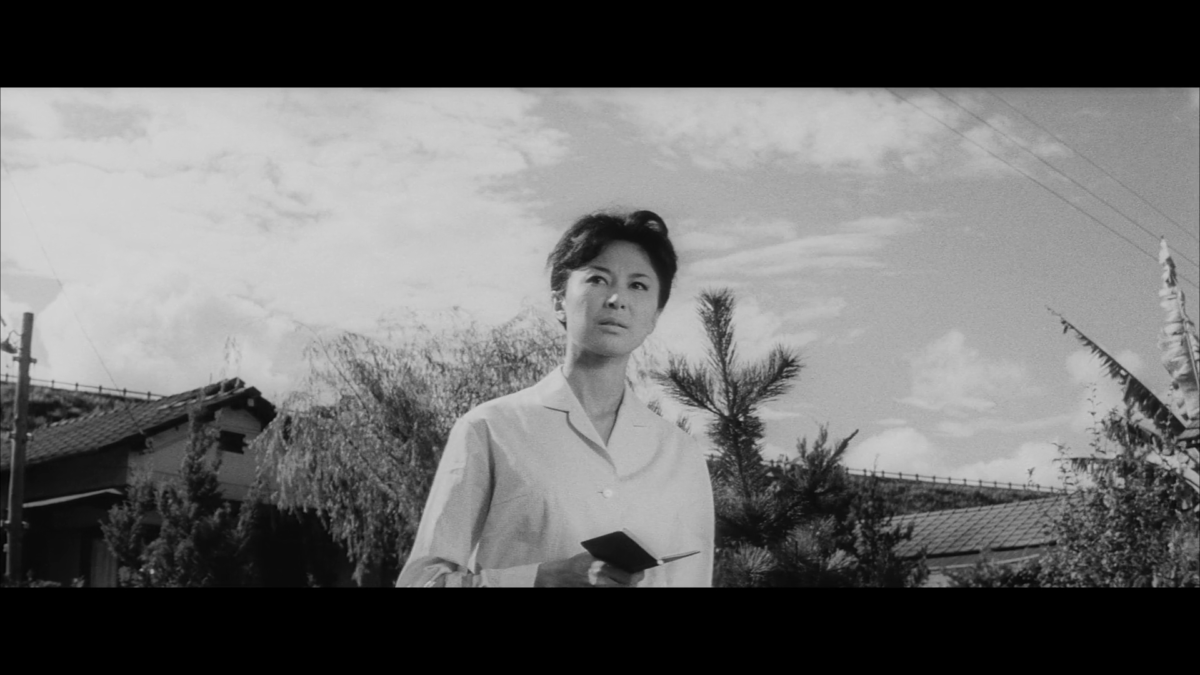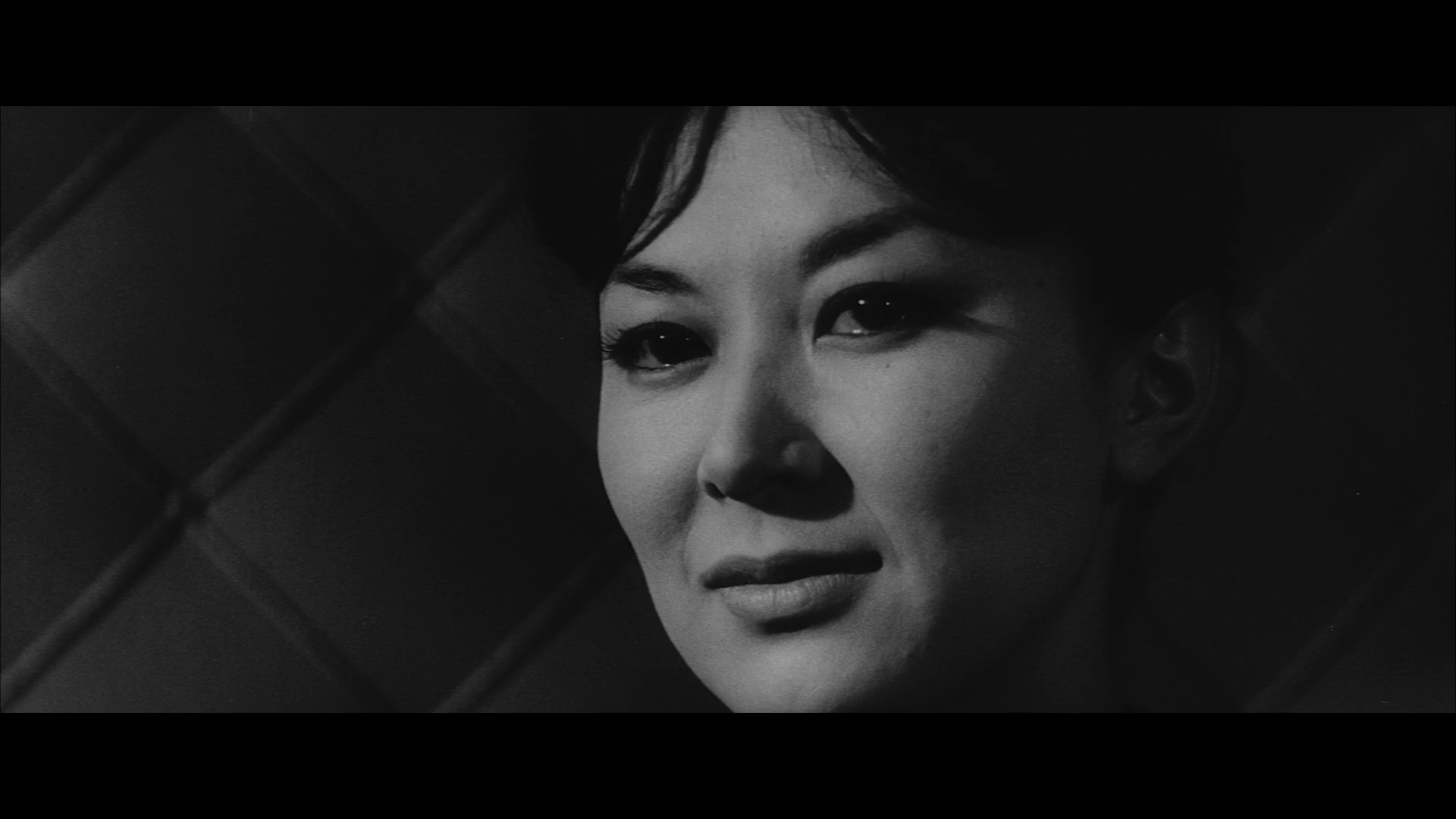Last Updated on January 23, 2021 by rob
Dying businessman Senzo (So Yamamura) announces his vast fortune is to be split among his three illegitimate children provided they can be located. To this end he orders loyal and innocent secretary Yasuko (Keiko Kishi) to locate his eldest whilst a bent lawyer (Jun Hamamura) is instructed to find the other two. But Senzo’s greedy wife Sato (Misako Watanabe) conspires with the lawyer to sabotage the hunt while his ambitious assistant (Tatsuya Nakadai) hatches his own plan by entering into an arrangement with Senzo’s murderously inclined daughter, Mariko (Mari Yoshimura).
An enjoyable and entertainingly cynical portrait of a bunch of amoral schemers, ultimately all done over by the one character in the film seemingly least likely to harbour a malicious thought. Part drama, part film noir and with a dash of corporate intrigue (this feels like a particularly acidic Billy Wilder movie) this is beautifully shot in b/w with cinematographer Takashi Kawamata contributing a succession of splendidly dynamic widescreen compositions. Toru Takemitsu’s terrifically cool jazz score enhances the general air of seediness and the film boasts pitch-perfect performances from its classy cast, not the least of which is Keiko Kishi’s turn as the boss’s innocent secretary. Now admittedly The Inheritance is an ensemble piece and not a star vehicle for Kishi as such, but even so the film gives her the opportunity to play both sides of her screen persona and it really works because it’s Kishi’s character the viewer relates too (everyone else is just too repulsive for words).
One of my favourite Japanese actresses, the seemingly ageless Kishi, who began her screen career in 1950, spent most of that decade cast as ingenue types, playing suffering sisters or wives. But from the 1960’s onwards directors seem to have recognised in her elegant beauty a potential for something darker. She was a favourite of Kon Ichikawa, who cast her as one of the murderesses bought together by their lovers infidelity in his black comedy 10 Dark Women (1961). Kobayashi used her again in the most memorable segment of Kwaidan (1964), where that combination of darkness and beauty made her ideal casting in the dual roles of a Snow Witch trying to pass herself off as a human wife, and in The Fossil (1975) in which she played Death, and Keiko gave an absolute tour de force performance as the killer on temporary release who falls for a young man while en route by train through the snowy wastes of northern Japan in director Koichi Saito’s wonderful romantic thriller The Rendevous (1971). There’s a scene right near the end of The Inheritance that absolutely epitomises this quality. It’s when Kobayashi’s camera closes in on Yasuko’s smirk at the carnage unfolding around her and it’s such a great moment – the visual equivalent of a slap in the face for the viewer – because this woman’s had our sympathy from the start. How could we have been so wrong about her?


